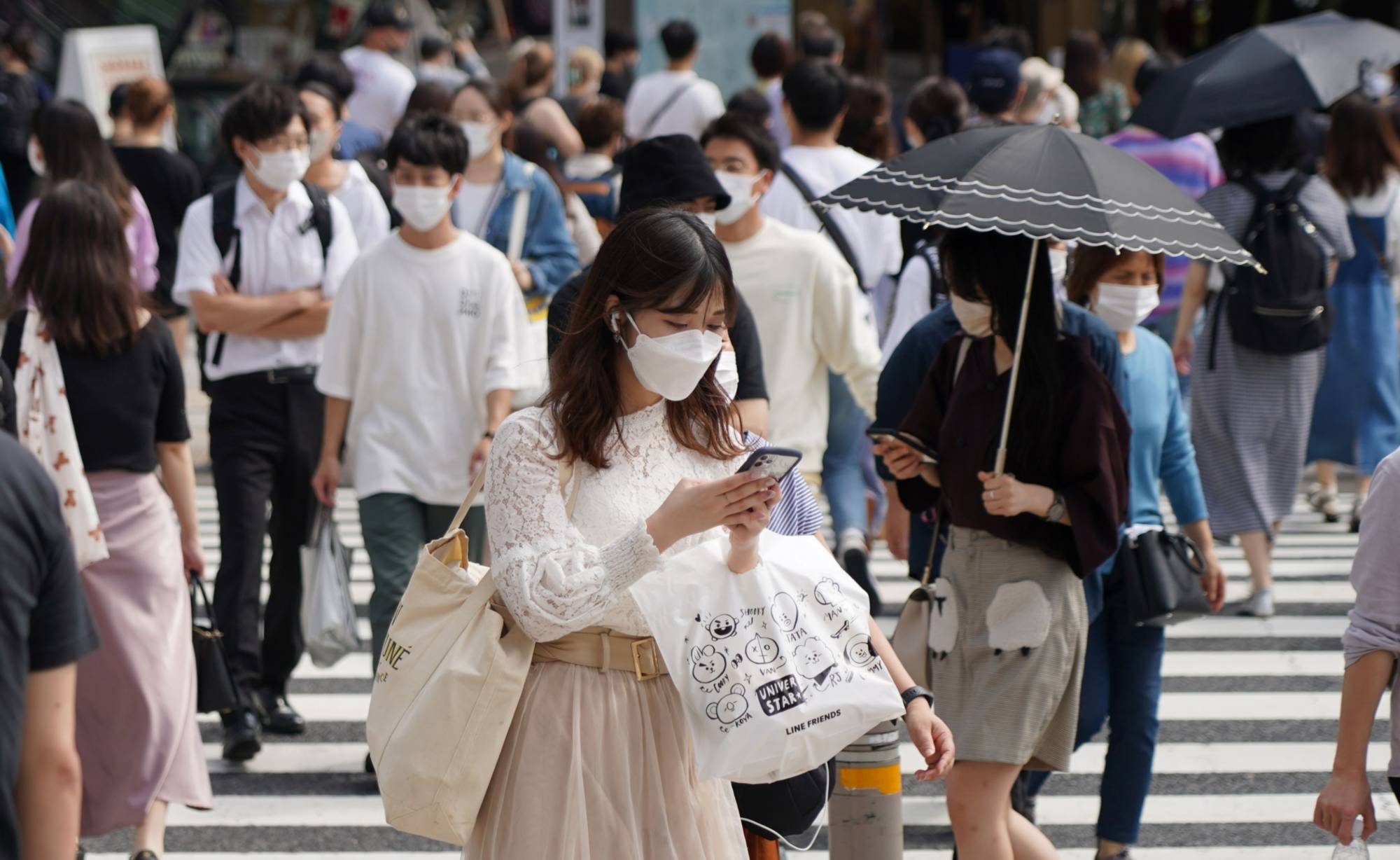For many people in my generation, which is generally categorized as Generation Z (those born in the years ranging from the late 1990s to the early 2010s), Shinzo Abe was the only prime minister we really knew.
Abe initially served as prime minister for a year from September 2006 to 2007 before returning to lead the country from December 2012 until he stepped down in September 2020 — and ultimately becoming the country’s longest-serving prime minister. Having led the country for so long, he was a constant presence in the media and so our generation was as shocked as anyone to learn that he had been assassinated Friday while on the campaign trail in the city of Nara.
For the younger generation, Abe was an embodiment of both stability and reform, a view that is perhaps reflective of our era in general. Some pundits have argued that young people in Japan are becoming more conservative, as indicated by the increasing amount of youth support toward the Liberal Democratic Party in comparison with other age groups. However, I would argue that while it may be true that young people are becoming increasingly more likely to support the LDP, this does not suggest they’re becoming socially conservative.


















With your current subscription plan you can comment on stories. However, before writing your first comment, please create a display name in the Profile section of your subscriber account page.